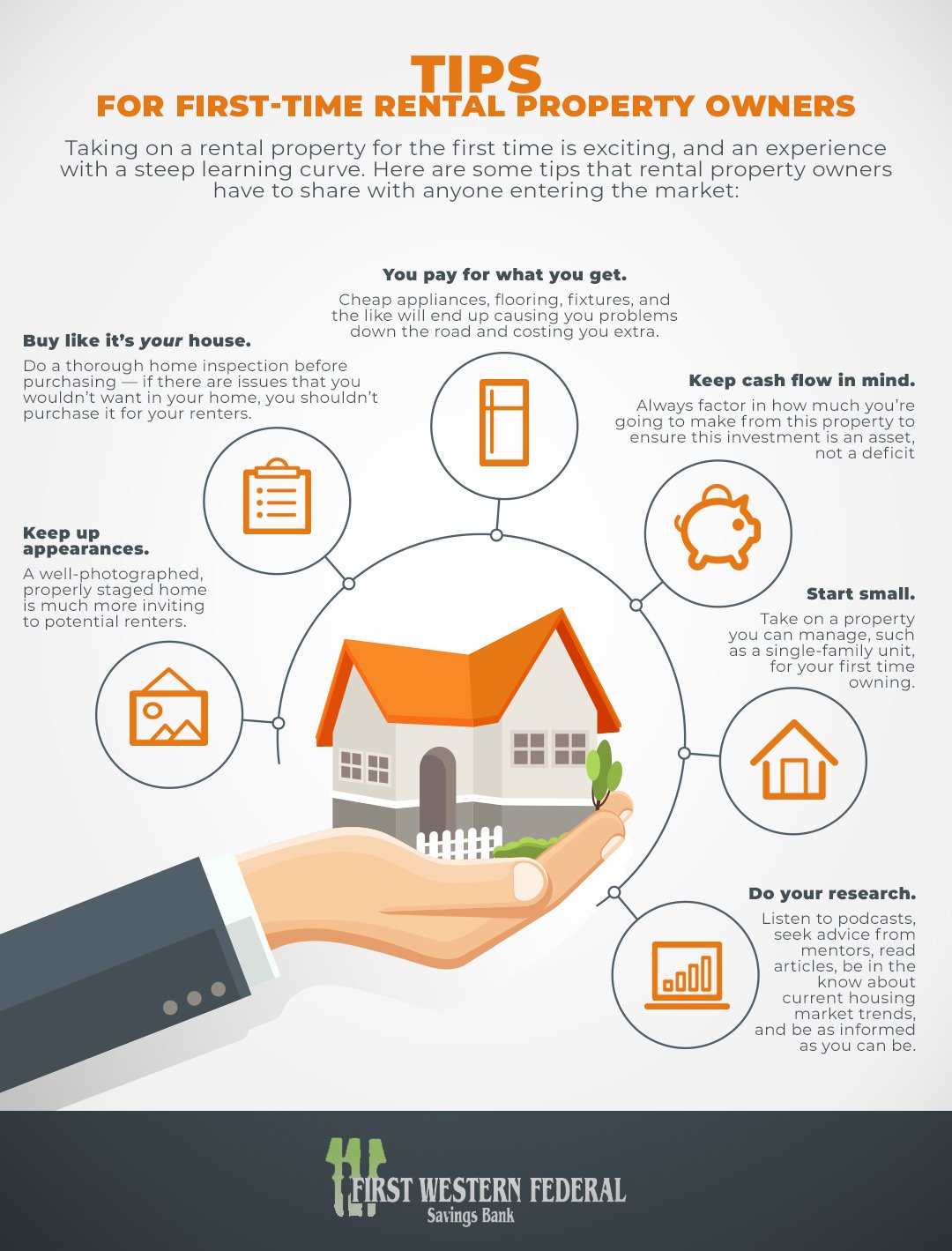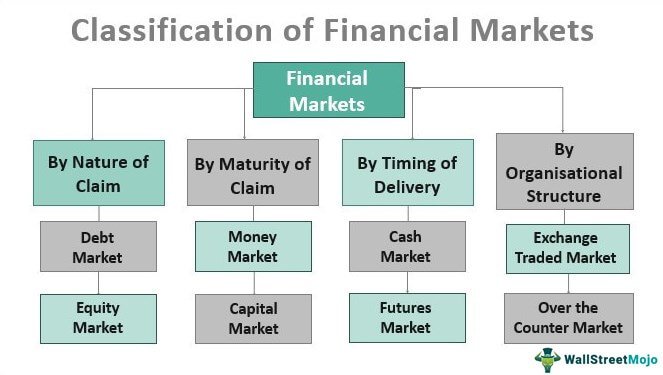Looking to dive into the world of real estate investment? Wondering what to consider when buying rental property for the first time? Well, you’re in the right place! Purchasing a rental property can be an exciting and lucrative venture, but it’s important to approach it with careful consideration. In this article, we’ll walk you through some key factors to keep in mind as you enter this realm of investment. From location and affordability to property management and potential rental income, we’ve got you covered. So, let’s jump right in and explore what to consider when buying rental property for the first time.
What to Consider When Buying Rental Property for the First Time
Investing in rental property can be a lucrative venture if done correctly. However, for first-time buyers, it can also be overwhelming and complex. Before diving into the world of real estate investment, it’s crucial to consider various factors that can make or break your success. In this article, we will explore the key aspects you should take into account when buying rental property for the first time. From financial considerations to location and property management, we will provide you with a comprehensive guide to help you make informed decisions and set yourself up for a profitable venture.
1. Establish Your Financial Goals and Budget
The first step in purchasing rental property is to define your financial goals and establish a budget. Consider the following factors:
- Expected return on investment (ROI): Determine the level of cash flow you aim to achieve from your rental property. Assess your desired ROI and set realistic expectations.
- Budget: Analyze your finances to determine how much you can comfortably invest. Consider factors such as down payment, closing costs, and ongoing expenses.
- Mortgage options: Explore various mortgage options available to you and select the one that aligns with your financial goals.
- Emergency fund: Set aside funds for unexpected repairs, vacancies, or other unforeseen expenses.
2. Research the Local Real Estate Market
Understanding the local real estate market is crucial for making informed investment decisions. Consider the following aspects:
- Property demand: Research rental property demand in the area you’re interested in. Look for areas with low vacancy rates and high rental demand.
- Property appreciation: Analyze historical property appreciation rates to determine if the market is stable or growing. This can affect your potential return on investment.
- Economic factors: Consider the local economy, job market, and any major developments or infrastructure projects in the area. These factors can impact the demand for rental properties.
- Property taxes: Research property tax rates in the specific location. High property taxes can significantly affect your overall profitability.
3. Choose the Right Location
Location is a critical factor that can determine the success of your rental property investment. Consider the following when selecting a location:
- Neighborhood: Evaluate the neighborhood’s safety, proximity to amenities, and overall desirability. A good neighborhood attracts quality tenants and can result in lower vacancy rates.
- Transportation: Consider the availability and convenience of public transportation options. Properties close to public transit tend to be more appealing to tenants.
- School districts: If targeting families, research the quality of nearby schools. Properties in good school districts often attract long-term tenants.
- Future developments: Look for upcoming developments or infrastructure projects in the area. These can contribute to property appreciation and increased rental demand.
4. Assess the Property’s Potential
Before finalizing your decision, thoroughly assess the rental property you intend to buy. Consider the following factors:
- Property condition: Conduct a thorough inspection to identify any potential issues or repairs needed. Account for these costs in your budget.
- Number of units: Determine the type of property you want to invest in, whether it’s a single-family home, multi-unit building, or condominium. Each type has its own advantages and considerations.
- Desirable features: Assess the property’s features and amenities that appeal to potential tenants. Consider parking availability, laundry facilities, outdoor spaces, and storage options.
- Rental regulations: Familiarize yourself with local rental regulations, such as rental licenses, zoning restrictions, or rent control laws. Compliance with regulations is essential to avoid legal issues.
5. Evaluate the Financials
To make an informed decision, analyze the financial aspects of the rental property:
- Income potential: Estimate the potential rental income based on market rates and property features. Consider vacancy rates and seasonal fluctuations.
- Expenses: Calculate the operating expenses, including mortgage payments, property taxes, insurance, maintenance, repairs, and property management fees.
- Cash flow analysis: Subtract the expenses from the estimated rental income to determine the property’s cash flow. Positive cash flow indicates a potentially profitable investment.
- Appreciation potential: Assess the property’s potential for value appreciation over time. This can contribute to your long-term return on investment.
6. Understand the Responsibilities of a Landlord
As a rental property owner, you’ll have various responsibilities. Ensure you’re prepared for the following:
- Tenant management: Understand the process of finding and screening tenants, creating lease agreements, and handling tenant concerns or evictions.
- Maintenance and repairs: Be prepared to address maintenance requests promptly and handle repairs. You can either handle them yourself or hire a property management company.
- Legal obligations: Familiarize yourself with landlord-tenant laws, fair housing regulations, and local rental ordinances. Complying with these rules is essential to avoid legal issues.
- Property management: Decide whether you will manage the property yourself or hire a professional property management company. Consider your availability, expertise, and willingness to handle day-to-day operations.
7. Network with Real Estate Professionals
Building a network of real estate professionals can provide valuable guidance and support throughout your rental property journey. Consider the following individuals to connect with:
- Real estate agents: Seek out experienced real estate agents specializing in investment properties. They can help you find suitable properties, negotiate deals, and provide market insights.
- Property managers: Connect with property management companies or individual property managers to understand their services and fees. They can assist with tenant screening, rent collection, and property maintenance.
- Other investors: Join local real estate investment groups or attend networking events to connect with seasoned investors. Learning from their experiences can help you avoid common pitfalls and gain valuable knowledge.
- Contractors: Establish relationships with reliable contractors who can handle repairs and maintenance tasks efficiently. Having a trustworthy team in place is crucial for prompt and cost-effective property management.
With careful consideration of these essential factors, you’ll be better equipped to make informed decisions when buying rental property for the first time. Remember, thorough research, financial planning, and understanding your responsibilities as a landlord are key to a successful and profitable investment journey. Good luck with your rental property endeavors!
8 Steps To Buying Your First Rental Property
Frequently Asked Questions
Frequently Asked Questions (FAQs)
What should I consider when buying rental property for the first time?
When buying rental property for the first time, there are several important factors to consider:
1. How much can I afford to invest in a rental property?
Before making a purchase, it’s crucial to assess your financial situation and determine a realistic budget for buying a rental property. Consider your down payment, mortgage payments, maintenance costs, and other expenses associated with property ownership.
2. What location should I choose for my rental property?
The location of your rental property plays a significant role in its potential profitability. Look for areas with a high demand for rentals, good job opportunities, low crime rates, and access to amenities such as schools, shopping centers, and public transportation.
3. Should I opt for a single-family or multi-unit property?
Decide whether you want to invest in a single-family home or a multi-unit property. Each option has its pros and cons. Single-family homes may be easier to manage, while multi-unit properties can generate higher rental income but involve more responsibilities.
4. How do I analyze the potential rental income?
Conduct thorough research on the local rental market to estimate the potential rental income of the property you are considering. Look at comparable rental properties in the area and consider factors such as vacancy rates, rental demand, and expected rental prices.
5. What are the ongoing maintenance and repair costs?
Factor in the costs associated with maintaining and repairing the rental property. This includes regular maintenance like landscaping, as well as unexpected repairs that may arise. Ensure you have enough funds to cover these expenses while still generating a profit.
6. Should I hire a property management company?
Consider whether you have the time, skills, and desire to manage the property yourself or if it would be more beneficial to hire a property management company. They can handle tasks such as tenant screening, rent collection, and property maintenance, but it will incur additional costs.
7. What are the financing options available for purchasing a rental property?
Explore different financing options, such as traditional mortgages or loans specifically designed for real estate investors. Compare interest rates, terms, and requirements to find the financing option that best fits your financial situation and long-term goals.
8. How can I mitigate risks associated with rental property investments?
Investing in rental property carries risks, such as property damage, difficult tenants, or market fluctuations. To mitigate these risks, consider purchasing insurance coverage, conducting thorough tenant screening, setting up emergency funds, and staying updated on local landlord-tenant laws.
Final Thoughts
When buying rental property for the first time, there are several key factors to consider. Firstly, location is crucial. Ensure the property is in a desirable area with high demand for rentals. Secondly, analyze the potential return on investment. Calculate expenses such as financing costs, maintenance, and property management fees. Thirdly, research the local rental market to determine achievable rental rates. Additionally, ensure you have a thorough understanding of landlord-tenant laws and regulations. Lastly, consider the property’s condition and potential for future appreciation. By carefully assessing these factors, you can make an informed decision when buying rental property for the first time.



